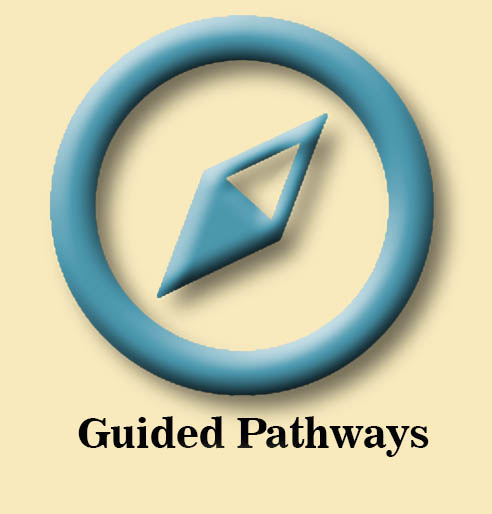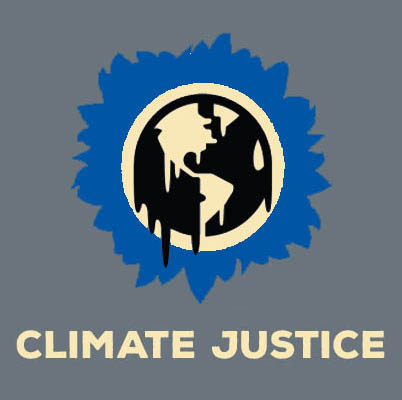Recently, in a feature length piece in the New York Times, “Losing Earth,” Nathaniel Rich pithily summed up what is at stake for present and future generations with regard to climate change:
“The world has warmed more than one degree Celsius since the Industrial Revolution. The Paris climate agreement — the nonbinding, unenforceable and already unheeded treaty signed on Earth Day in 2016 — hoped to restrict warming to two degrees. The odds of succeeding, according to a recent study based on current emissions trends, are one in 20. If by some miracle we are able to limit warming to two degrees, we will only have to negotiate the extinction of the world’s tropical reefs, sea-level rise of several meters and the abandonment of the Persian Gulf. The climate scientist James Hansen has called two-degree warming “a prescription for long-term disaster.” Long-term disaster is now the best-case scenario. Three-degree warming is a prescription for short-term disaster: forests in the Arctic and the loss of most coastal cities. Robert Watson, a former director of the United Nations Intergovernmental Panel on Climate Change, has argued that three-degree warming is the realistic minimum. Four degrees: Europe in permanent drought; vast areas of China, India and Bangladesh claimed by desert; Polynesia swallowed by the sea; the Colorado River thinned to a trickle; the American Southwest largely uninhabitable. The prospect of a five-degree warming has prompted some of the world’s leading climate scientists to warn of the end of human civilization.”
What can we do about this? As educators, we have placed our bets on the future, and catastrophic climate change threatens that future. Thus, it should be our moral imperative to educate our students about the consequences of business as usual.
How can we do this?
*Incorporate research into climate science and the environment into our classes.
*Think about the ways that climate change intersects with various disciplines whether that discipline is in the sciences, history, the social sciences, English, and the arts and humanities.
Some ideas might include:
**Researching the science behind the issue in a science course.
**Discuss the notion of climate justice in classes that deal with issues of social justice.
**Assigning a paper that askes the students to discuss human beings relationship to nature and the consequences of that relationship with climate involved.
** Discuss the historical evolution of the idea of Progress as tied to the mastery over nature, materialism, and consumption.
**Have the students fact check the arguments of climate deniers.
**Design an art project focused on environmental themes.
**Have the students create a project of their own design about what kind of future they envision given the threats we face. What solutions do they see as most viable?
**Use your imagination and teach as if the future depended on it.






0 Comments